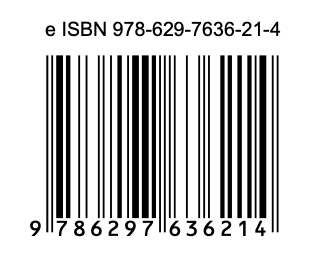CFORSJ Procedia History
Editorial Board
Aims and Scopes
Author Guidelines
Publication Ethics
Peer Review Process
Article Template
Indexing and Abstracting
Web of Science Citation Analysis
Scopus Citation Analysis
Google Scholar Citation Analysis
Revenue Sources & Publication Charges
Plagiarism Policy
Editorial Office Contact
CFORSJ Procedia E-ISBN

CFORSJ Procedia Adherence to Community Standards
National Organizations
International Organizations


CFORSJ Procedia Supports

CFORSJ Procedia Editing Tools

CFORSJ Procedia Visitors



